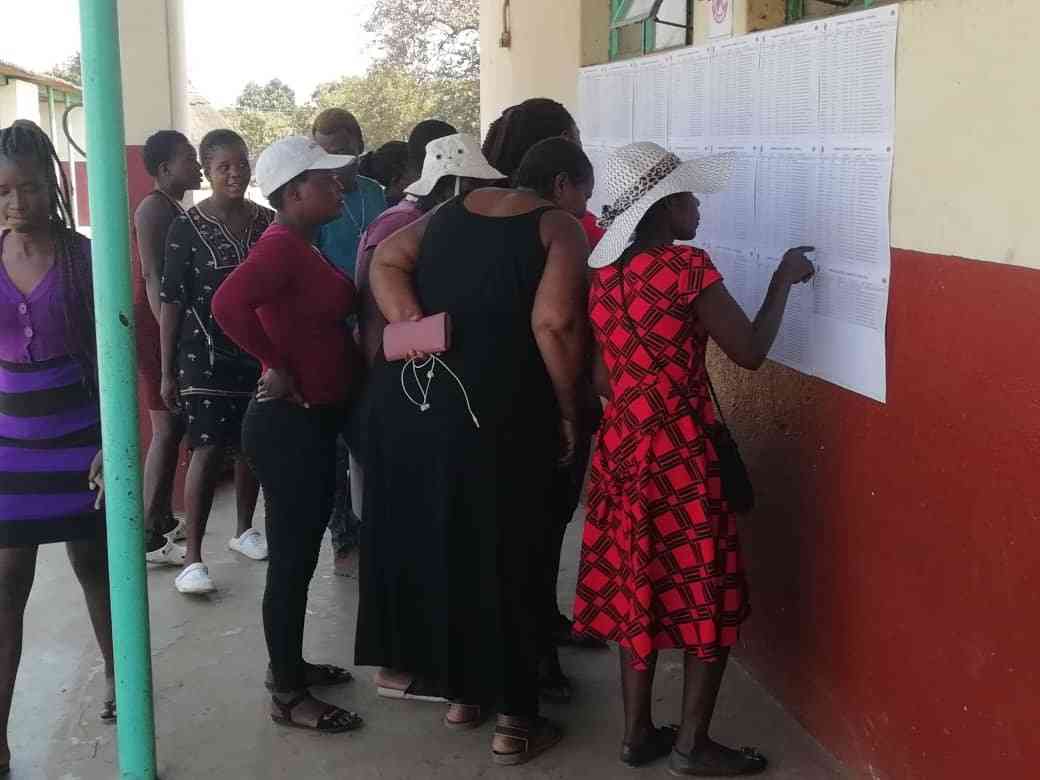
MISMANANGEMENT bolted out of control in the past five years, with hyperinflation, rocketing prices and foreign currency shortages undermining targets set out by President Emmerson Mnangagwa after his election in 2018. Still, authorities are confident that following a difficult eight months, gross domestic product will expand by 5,3% this year, even as the exchange rate remains volatile and lending rates are among the world’s most expensive at 150%.
This crisis brings into question government’s commitment to reverse the destruction inflicted by its mostly underperforming but sharp-talking ministers. It means the party that assumes power following this week’s polls faces the daunting task of working out a plan that quickly reverses results of prolonged ruin. During his expensive campaign trail, Mnangagwa struck a defiant tone, stating that under his leadership, Zimbabwe overturned the rot inflicted during 37 years of mismanagement by his predecessor, the late strongman Robert Mugabe.
True, the past five years have seen government execute a significant infrastructure revamp programme. But its funding model was also a driving force behind protracted pain. Many kilometres of roads rehabilitated under the National Road Rehabilitation Programme developed potholes as soon as contractors left, bringing to the fore the poor workmanship.
This was only a small fraction of the colossal damage, which saw over half of Zimbabwe’s population living under extreme poverty for a significant part of the past five years. Anyone including Mnangagwa, who takes over as president in the next few days will have so much ground to cover if they are serious about bringing sanity and stability to a country that has endured nothing but turmoil for 23 straight years.
The public debt has bolted to US$18 billion, which is well over 50% of Zimbabwe’s estimated US$30 billion gross domestic product. With a colossal debt setback, significant resources meant for social services were diverted to repay creditors. The incoming government is likely to continue on this path unless ongoing debt clearance plans bear fruit. It is difficult to say the current debt clearance plan will yield positive outcomes. Zimbabwe has a history of maintaining a stubborn stance even where it must listen.
This was very clear during the Lima debt clearance plan in 2015, which flopped because Mugabe wanted things his way. Debt distress is only one of many factors behind prolonged volatilities. Others are exchange rate fragilities, foreign currency shortages and sheer plunder by globe - trotting senior civil servants. The government failed to tackle inflation, which ran into triple digits for most of the past five years. Official statistics revealed this week that annual inflation fell to 77% this month, from 101,3% in July, and prices are rampaging.
Still, the drop gives no reason to celebrate. The rate remains unsustainable, and it is inflicting so much pain across social strata. Piecemeal efforts by the government in tackling exchange rate volatilities have flopped, straining growth rates and its ability to unlock formal employment opportunities. Ncube just needs to cast his eyes wider and realise how the elite have spirited away gold and other resources for selfish personal gain.
- Is military's involvement in politics compatible with democracy?
- Mr President, you missed the opportunity to be the veritable voice of conscience
- ED to commission new-look border post
- Zanu PF ready for congress






